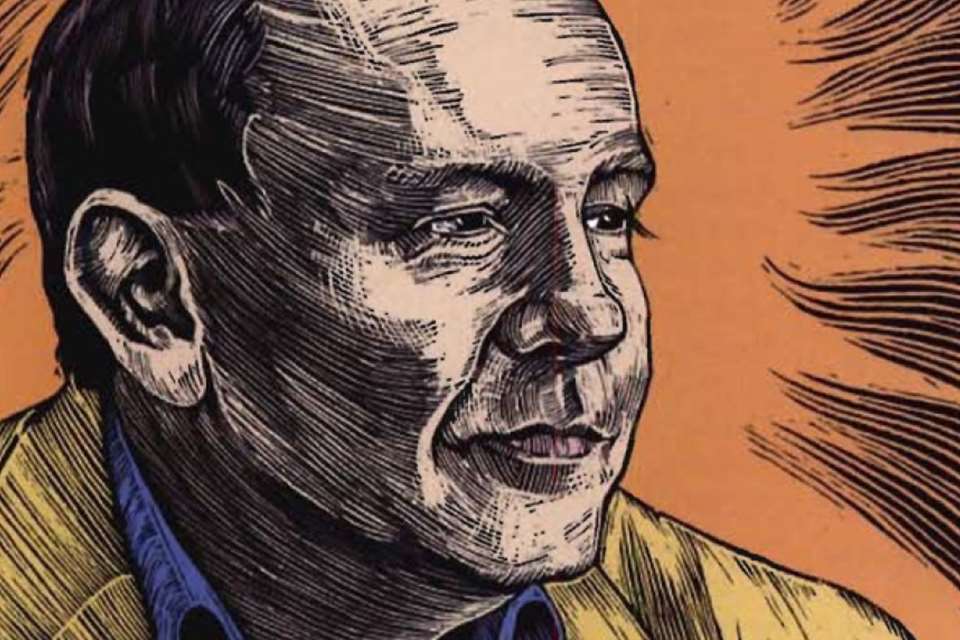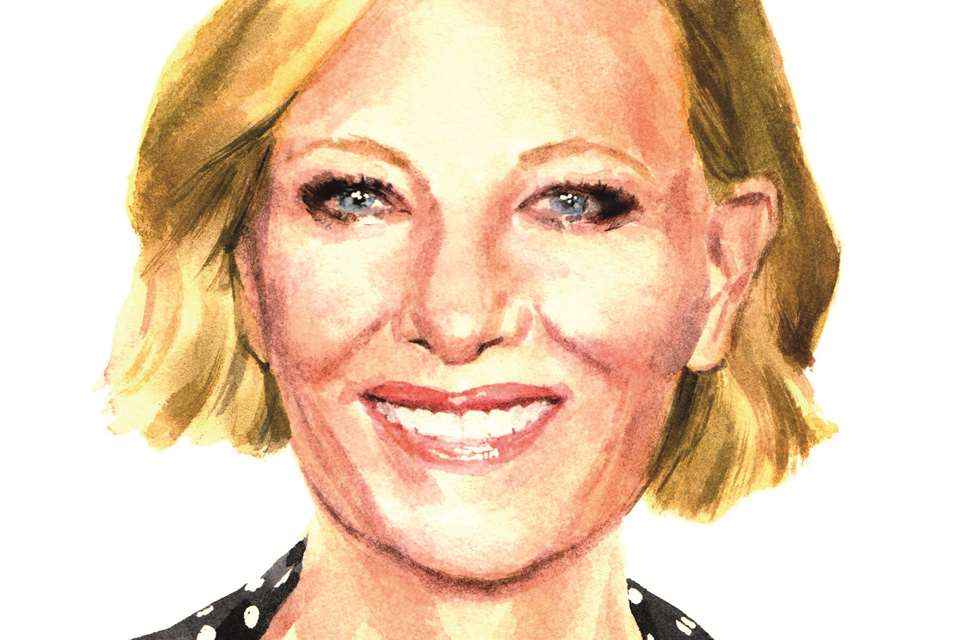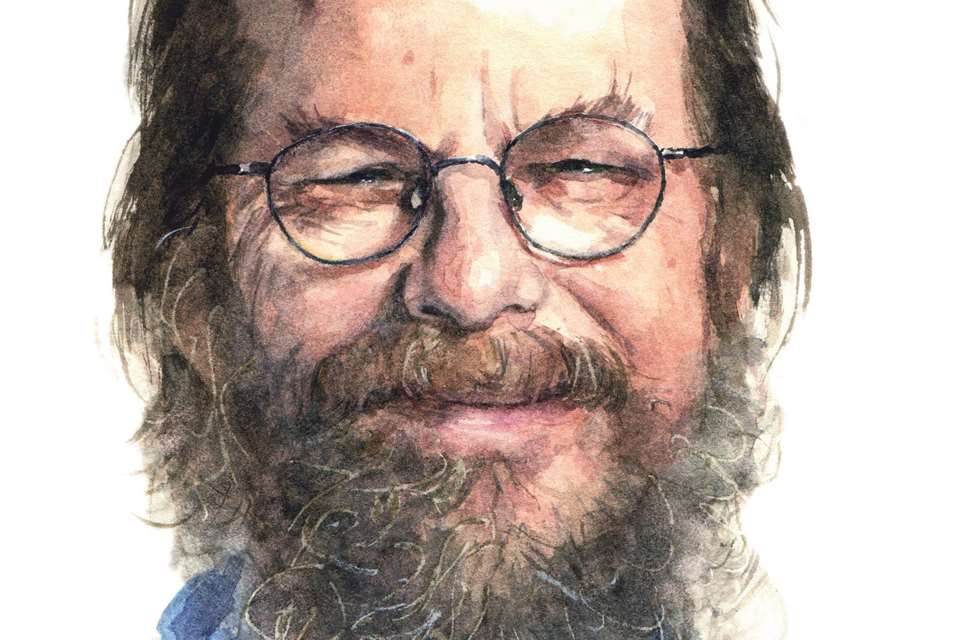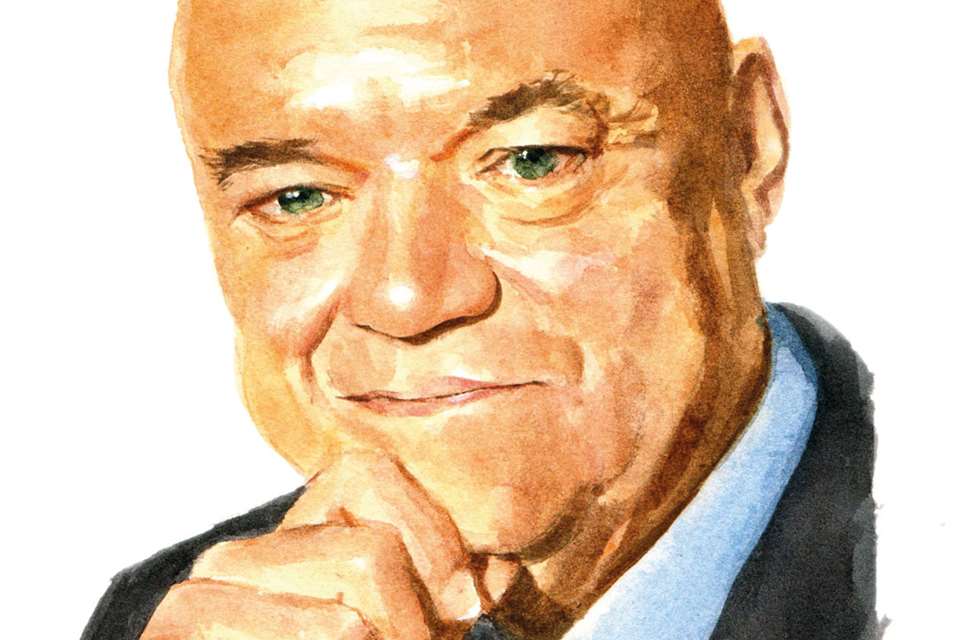Charlie Mackesy | My Music: ‘I don’t think good music ever really leaves your soul’
Wednesday, March 27, 2024
The author of The Boy, the Mole, the Fox and the Horse on his life-long love of music – and a new musical of the book for schools
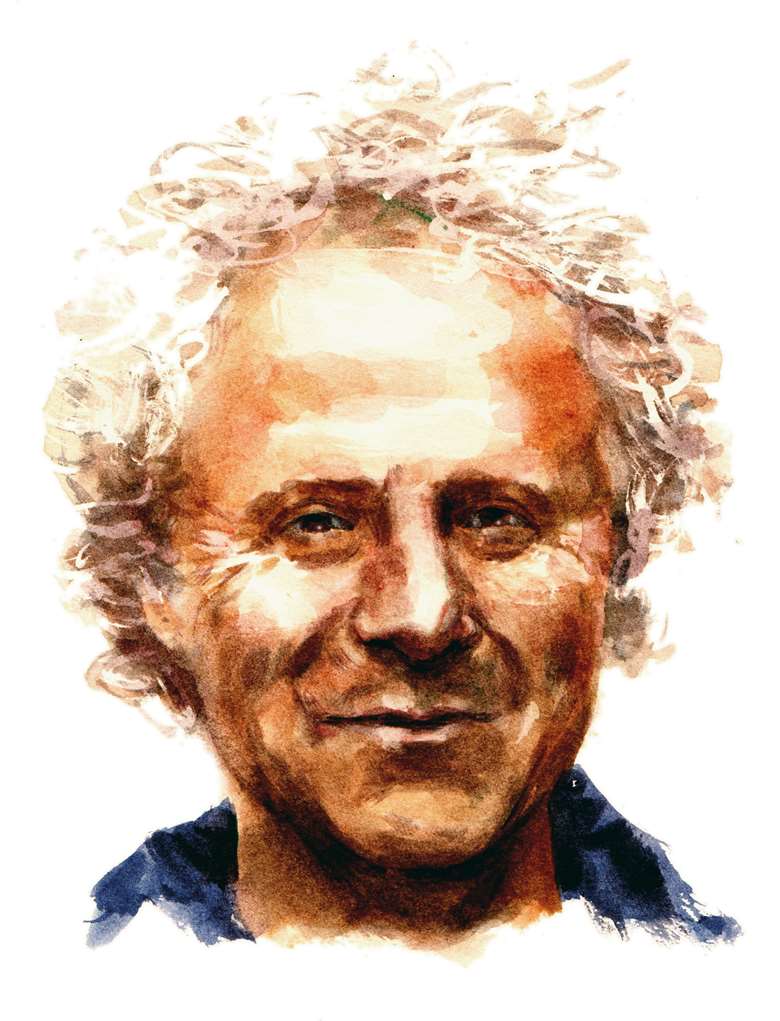
Register now to continue reading
Thanks for exploring the Gramophone website. Sign up for a free account today to enjoy the following benefits:
- Free access to 3 subscriber-only articles per month
- Unlimited access to our news, podcasts and awards pages
- Free weekly email newsletter





